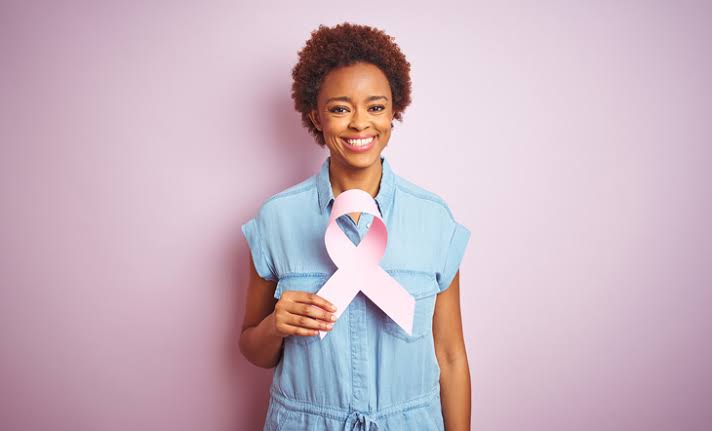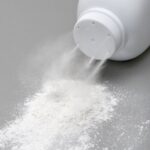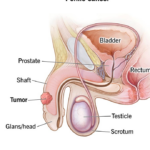
According to the World Health Organization (WHO) Global Cancer Observatory, in 2020, breast cancer was the most common cancer in Nigerian women, accounting for approximately 29.3% of all new cancer cases among women.
And with our developing healthcare systems, most of these patients usually die. It is worth noting that breast cancer affects women of all ages in Nigeria, including younger women. Early detection plays a pivotal role in increasing survival rates and improving treatment options. While professional screenings are crucial, individuals can take proactive steps to check for breast cancer locally.
By promoting self-awareness and adopting regular self-examinations, we empower ourselves and our communities in the fight against this disease. Here is a step-by-step guide for self-examination, and emphasizes the significance of seeking professional medical advice when necessary
By conducting regular self-examinations, individuals can detect changes in their breasts, such as lumps or abnormalities, that may require further medical attention.
Local breast cancer checks serve as a crucial component of proactive health management.
Step-by-Step Guide for Self-Examination
Self-examinations can be performed easily in the comfort of one’s own home. Following these step-by-step instructions will help individuals become familiar with their breasts and detect any potential abnormalities:
- Stand in front of a mirror with your shoulders straight and arms at your sides. Observe the breasts for any changes in size, shape, or contour. Look for visible distortions, swelling, or changes in the skin texture.
- Raise your arms and check for the same visual signs as in step 1.
- Examine the nipples for any discharge, such as blood or pus.
- Lie down and use your right hand to feel your left breast and vice versa. Apply firm, yet gentle pressure using the pads of your fingers. Cover the entire breast, including the surrounding area from the collarbone to the ribcage, and from the armpit to the breastbone.
- Repeat step 4 while standing or sitting, making sure to cover the entire breast and armpit area.
- Lastly, gently squeeze the nipple of each breast to check for any discharge.
Seeking Professional Medical Advice
While self-examinations are a valuable tool, it is important to remember that they are not a substitute for professional medical advice.
If you notice any changes or abnormalities during self-examination, consult a healthcare professional promptly.
A medical expert can conduct further diagnostic tests, such as mammograms or ultrasounds, to provide an accurate assessment of your breast health.
Promoting Awareness and Support
Breast cancer affects individuals and communities worldwide.
By promoting awareness and encouraging others to perform local breast cancer checks, we create a network of support. Share knowledge and resources with family, friends, and colleagues.
Participate in community events and campaigns dedicated to breast cancer awareness.
Together, we can inspire others to take charge of their health and contribute to the early detection and prevention of breast cancer.
Wrapping things up
In conclusion, local breast cancer checks serve as a powerful tool in the early detection of breast cancer.
By promoting self-examination and heightened self-awareness, individuals can actively contribute to their own health management.
While self-examinations are beneficial, they should be complemented by professional medical advice, should any abnormalities be detected.
By encouraging dialogue, raising awareness, and supporting those affected by breast cancer, we can foster a community that prioritizes proactive health measures and strives towards a future free of this disease.
Let us all commit to checking for breast cancer locally, empowering ourselves, and promoting a healthier world for everyone.













